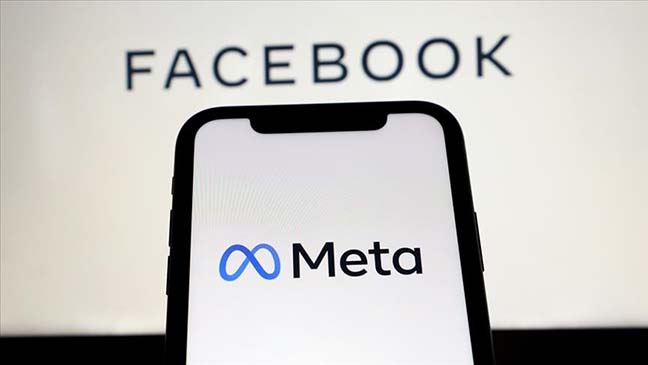By unveiling its key Web 3.0 projects, particularly with a film showing its founder Mark Zuckerberg exploring several virtual worlds, Facebook, or rather Meta, has shaken up the metaverse. We’ll make an effort to locate the company.
Rewind to October 2021, when Facebook CEO Mark Zuckerberg declared that his firm would change its name. Zuck described how the business would transition from social networks to the Metaverse, building an open, customizable virtual world for everyone. Even the company’s recognizable name was altered by Mark Zuckerberg to the incredibly sober name Meta.
“We believe that the metaverse will be the successor to the mobile Internet; we can feel present, as if we were right there with people, no matter how far away we really are,” he said of the transformation, which he claimed was inevitable.
Even though the primary tools of Meta, Facebook, Instagram, and WhatsApp remain the same for the time being, it is rather uncommon to see such huge corporations drastically alter their organizational structure. Although other significant corporations have expressed interest in the metaverse, nobody has yet begun such a direct transition.
Internal change first
Meta initially kept up its significant investment in VR and AR technologies, which will be the instruments of the future for a totally digital and immersive environment, in order to acclimate to this new reality. The Facebook Reality Labs are looking into this change.
Additionally, there are an increasing number of internal meetings held on Meta’s Horizon Workrooms project platform, where participants can interact with each other via 3D avatars.
According to Zuckerberg, the Meta teams will increasingly need to consider and develop Web 3.0’s future, which is the second change. Despite the company’s poor stock market performance, Meta is betting on the coming years and believes that its hunt for the metaverse is a risk to its future.
Alteration for users
However, people are also starting to notice changes, as seen by the most recent introduction of Meta Pay, a virtual wallet specifically designed for the metaverse.
It’s also important to note that Zuck recently posted on Facebook to announce that the business will be launching new opportunities for creators to make money. Facebook and Instagram are the main targets of this, while there are plans to give creators who are solely interested in the metaverse new tools as well.
Increased direct payments to creators; no income sharing on Facebook and Instagram until 2024. This is a brave start.
The major recipients of income in the Web3 ecosystem will likewise be creators. Therefore, it appears that Meta will test how this model’s effects will affect its outcomes. Blockchain technology does aim to eliminate middlemen like Meta; but, in order to avoid this, the business finds a way to solve its own issues.



